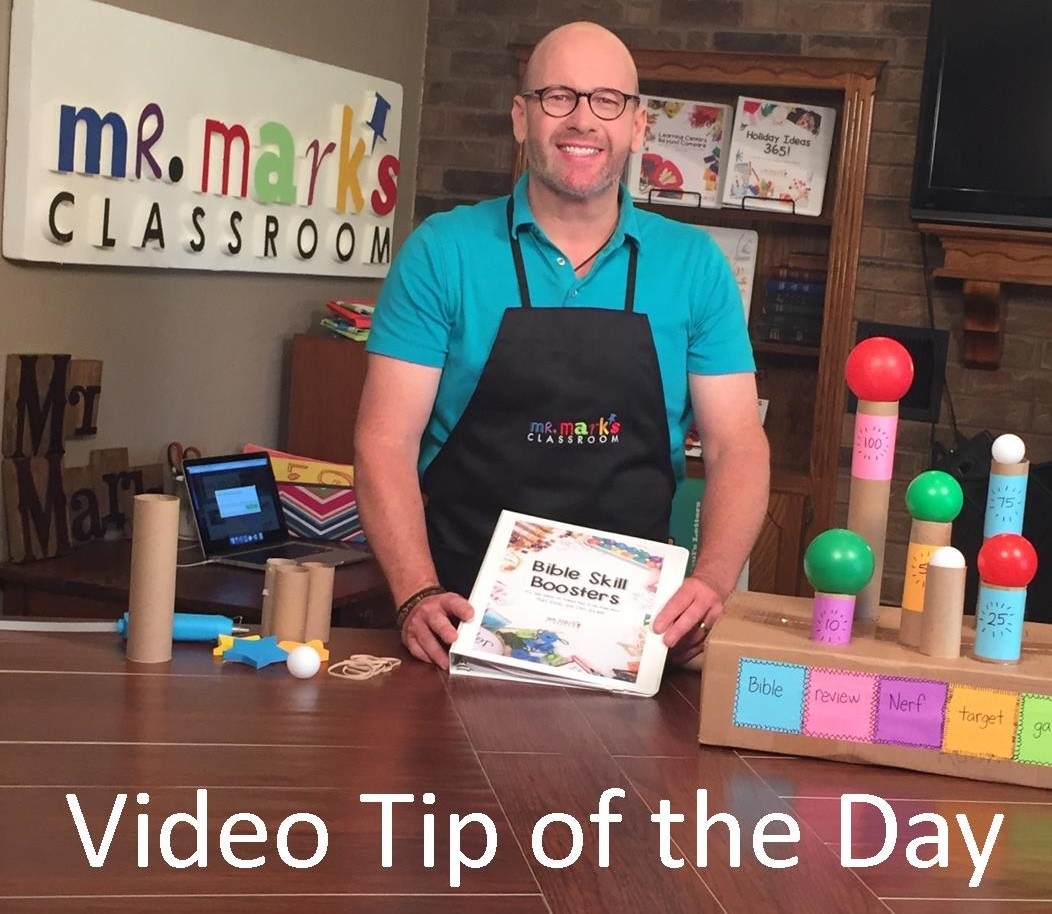Are you a disabled person looking forward to having a child? You are not alone in this journey. There are over five million parents with disabilities in the US. Many of them are successfully raising families, and so can you.
Bringing home a baby will fill your life with joy and fulfillment. However, your parenting journey may be faced challenges because of a disability. This is why you need to prepare. Below are tips on how you can plan for parenting with a disability.
Prepare your home
Most likely, you have made home modifications to suit your disability. With the coming of a baby, you may need to make additional changes to improve your efficiency and accommodate the baby’s needs.
For instance, where will you place the baby’s crib and necessities such as diapers, clothes, toys, and ointments? It may be ideal to put the baby’s crib near your bed, so you do not have to move around at night to attend to her needs.
Soon your child will be learning to crawl and walk. Safety-proof your home by getting rid of hazardous items and keeping them out of your child’s reach. Make sure all furniture is sturdy to prevent it from being knocked over and falling on the child. Install gates to restrict your child’s access to certain parts of your home.
The modifications will also depend on your type of disability. For instance, if you are a parent with limited mobility, one of your primary goals is to improve the accessibility of your home. Replace the steps with a ramp. Eliminate falling or slip hazards by installing skid-resistant flooring. Widen doorways with expandable hinges. Install handrails on walls and in the bathroom to offer you extra support as you get around the house.
On the other hand, a parent with a visual disability should install textured walls to offer guidance around the home. A big concern for a deaf parent would be how to hear their child. Choose adaptive baby equipment to ease your baby care tasks. For instance, instead of going for a regular baby crib, go for one with a front opening. If you are a deaf parent, you will require babble band in place of a baby monitor. There are adaptive baby carriers you can choose from depending on your type of disability.
Seek help and support
One of the common challenges that parents with disabilities face is isolation. You may feel separate from participating in mainstream activities designed for parents without disabilities. Join a playgroup or a support group with other parents with disabilities.
You will need all the support and help you can get. If you are the mom-to-be, join prenatal group classes and bring your spouse along. When friends and family members offer support, accept it. If you need help to go to an appointment with the docotor, ask for it. Seek government support services and resources for individuals and parents with disabilities.
Take care of your health and well-being
Consult with your doctor about wanting a child and ask questions about conception, pregnancy, and childbirth. Depending on your condition, the doctor may recommend blood work and genetic testing. If you feel overwhelmed by the transition you are about to make, seek counseling. Spend quality time with your spouse and talk about the new phase of your life as parents.
Keep in mind that self-care is paramount. When you are healthy and well, you will be able to take care of your child adequately. Take time to unwind and get rest. Nourish your body with healthy foods and beverages.
There is no one-size-fits-all parenting guide. Gather the necessary information and use your intuition. With proper preparation, you are going to make a great parent.
Photo Credit: Pexel
Written by Ashley Taylor
For more resources for parents with disabilities, connect with Ashley Taylor at disabledparents.org.







